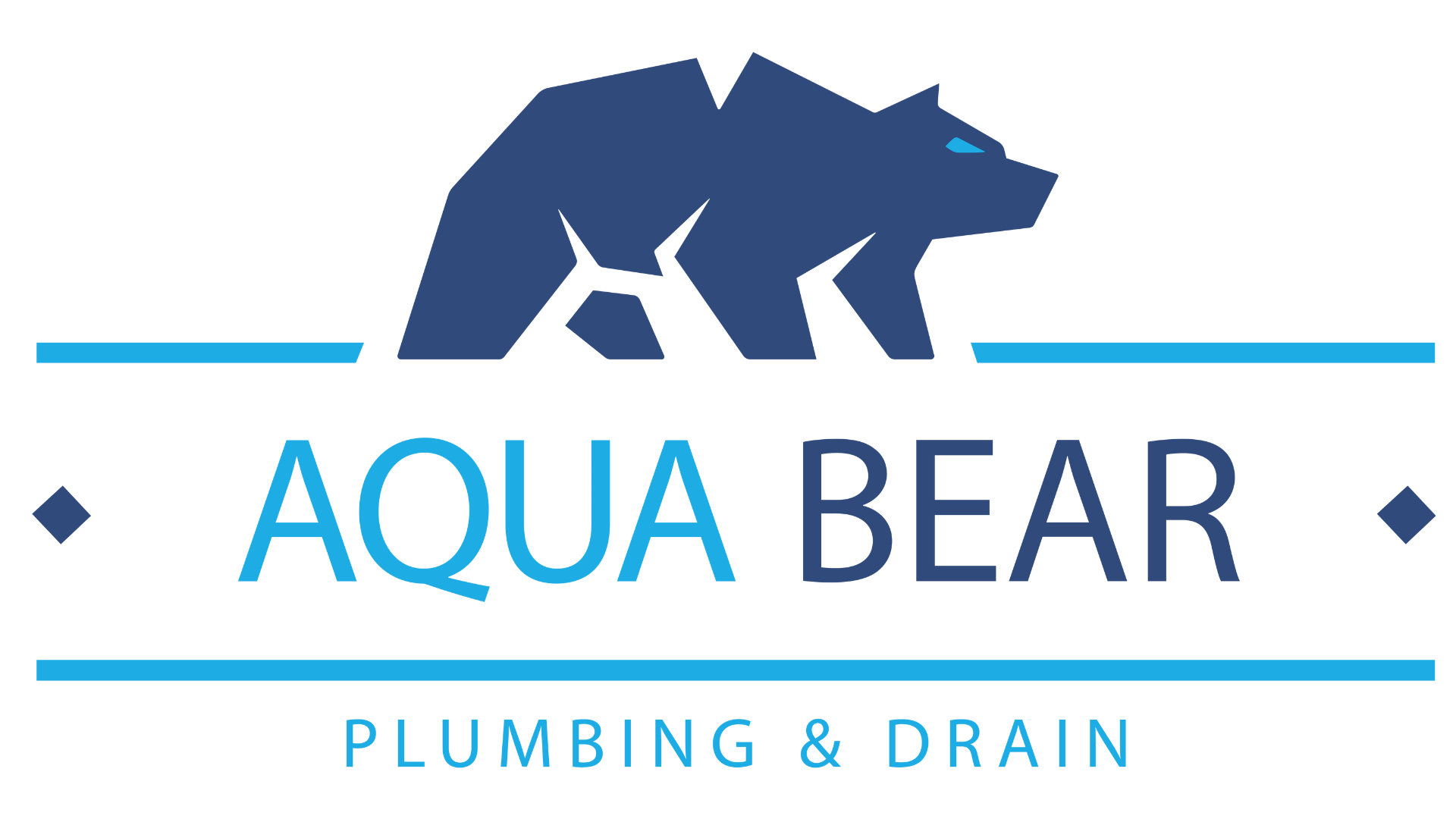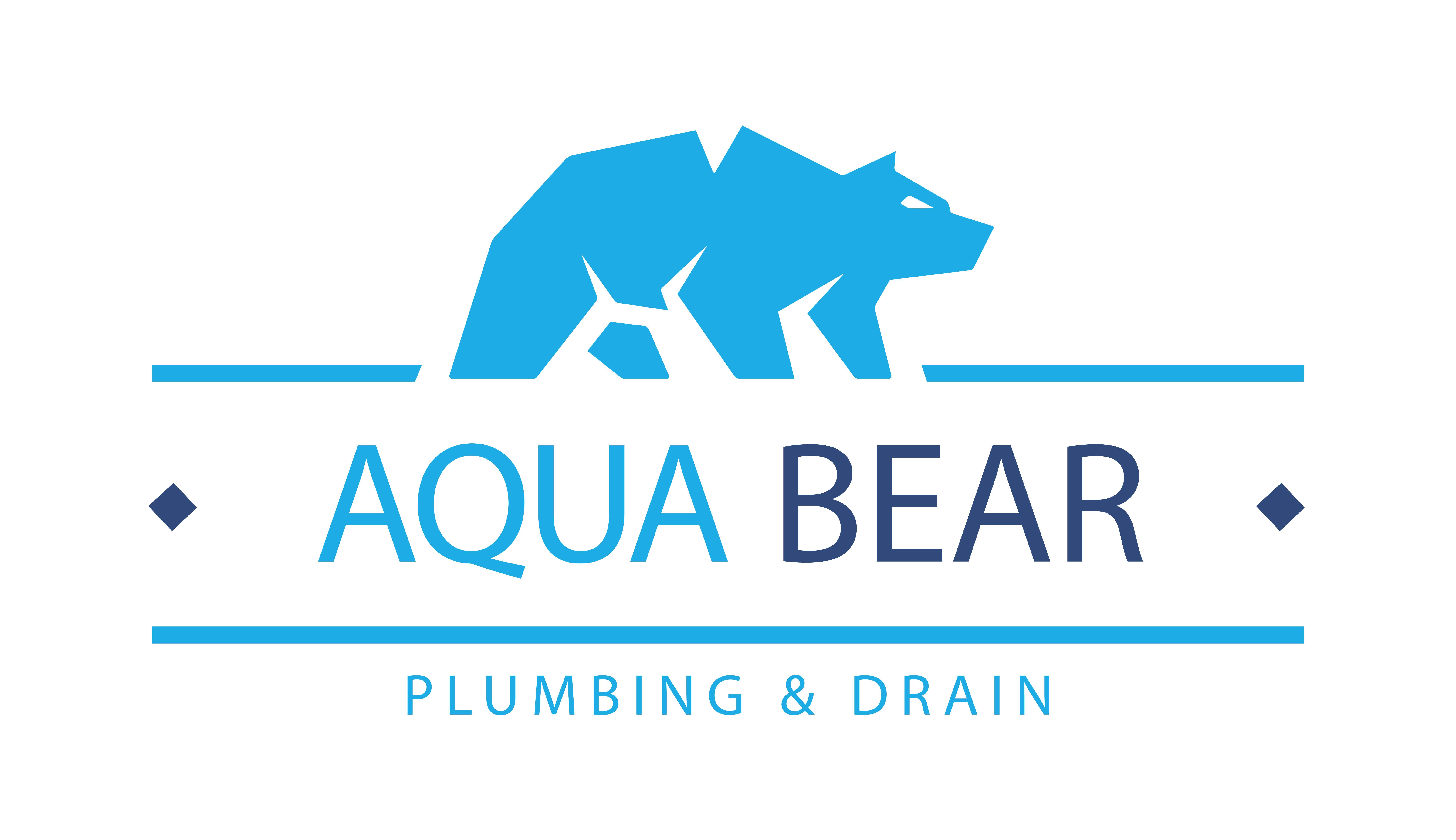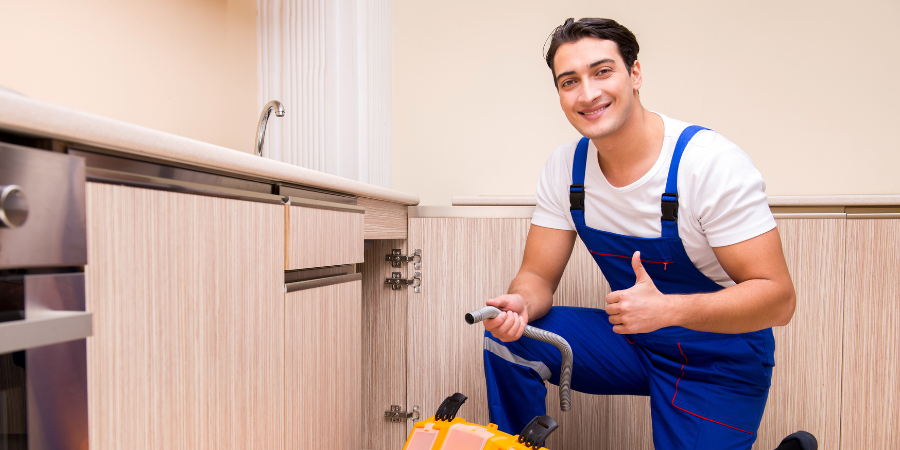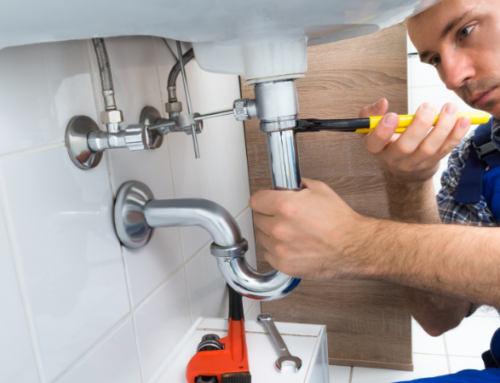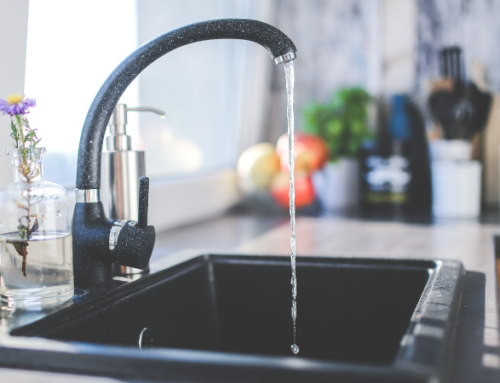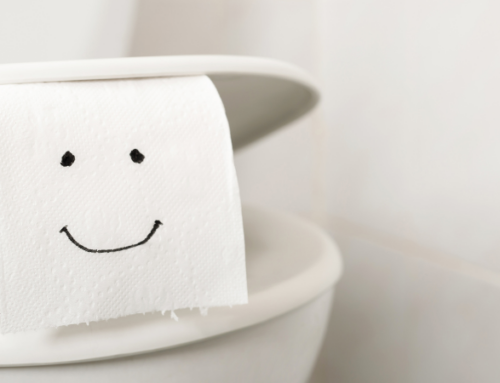The Role of Water Pressure
Water pressure is the force that moves water through plumbing pipes. It ensures that water can travel from your municipal water supply into your home and reach all the outlets, such as faucets, showerheads, and the toilet. Water pressure is measured in pounds per square inch (PSI), and for most residential systems, it typically ranges between 40 and 60 PSI.
Low Pressure
Too low pressure can impact everyday activities and affect the performance of plumbing fixtures and appliances. It is easy to recognize when the water pressure is too low: Filling the washing machine with water will take twice as long, and every shower will be weak and disappointing.
High Pressure
On the other hand, if the pressure is high and exceeds 80 PSI, it can place unnecessary strain on pipe interiors, causing them to thin. It can also loosen pipe joints, leading to leaks or even burst pipes.
Pressure Regulator
Installing a pressure regulator might be worthwhile if you find your pressure is too low or too high. These devices adjust the pressure of the incoming water supply, either increasing or decreasing it as needed so that the water pressure remains consistent when it arrives at an outlet such as a sink or dishwasher. This prevents undue wear and tear on the plumbing system and reduces the likelihood of premature replacement of pipes, fixtures, and water-using appliances.
Gravity And The Role It Plays In Plumbing
Gravity plays a crucial role in plumbing since it helps move waste and water down your drains and out to the sewer line or septic tank, depending on which is installed. The layout of your home’s plumbing system is designed with gravity in mind, ensuring that pipes slope downward at a calculated pitch from the source or fixtures to the sewer or septic system. This slope is subtle—typically a quarter inch per foot of pipe—for efficient drainage.
When Gravity Becomes Problematic
However, gravity can also work against the plumbing system, particularly in homes with basements or where fixtures are located below the main sewer line level. In such cases, specialized equipment such as sewer lift pumps or macerating toilets is used to move waste up to the sewer line level, where it can be removed from the home along with wastewater being pulled by gravity. In these cases, gravity does not aid waste removal but instead works against it.
The Impact of Corrosion on Pipes
Corrosion is a natural process in which metal gradually wears away due to chemical reactions between the metal and substances in the water or air. As the pipes corrode, the diameter of the pipe’s interior becomes smaller and smaller as the corrosive materials build until the pipe deteriorates and is no longer serviceable.
Factors That Contribute To Corrosion
Corrosion can lead to a number of problems in plumbing, including leaks, reduced water flow, and even a contaminated water supply. These are serious problems with dire consequences, so understanding what contributes to corrosion can help reduce its effects.
pH Levels
Neutral water is balanced between its acidity and alkalinity. Corrosion is proportional to acid levels, meaning the more acid present, the higher the rate of corrosion. If a home’s water is high in acid, it will more quickly dissolve the metal pipe and any metal components of fixtures and appliances.
Chemical Composition of Water
Hard water is an issue across the US, affecting more than 85% of the population. This water is rich in minerals such as calcium and magnesium, which promote corrosion. Testing the water and installing a water softener will help prevent corrosion from hard water minerals.
Water Temperature
An increase in water temperature will accelerate corrosion while lowering the temperature will have the opposite effect. At high temperatures, electrochemical reactions occur more quickly, causing the metal to deteriorate faster. Keeping the water temperature at 160 degrees Fahrenheit will prevent this increase in corrosion.
Types Of Pipe Material Used
To minimize corrosion, it’s important to understand the type of pipes you have. Copper pipes, for example, are susceptible to a type of corrosion called pitting, especially if the water has high levels of chlorine or copper. On the other hand, iron pipes might rust over time, which not only weakens the pipe but can also discolor your water. Replacing old pipes with corrosion-resistant materials like PVC or PEX can be a wise decision to prevent future issues.
Preventive Measures and Routine Maintenance
Understanding the basics of how your plumbing system works is the first step in preventing problems. Here are a few tips for keeping your plumbing in top shape:
Leaks
Check for leaks regularly. Even small leaks can lead to big problems over time. A slow-leaking pipe will soak insulation and substructures, leading to rot, mold, and mildew growth. Catching leaks early can save you from costly repairs.
Clogs
Be mindful of what goes down your drains. Avoid flushing anything other than human waste and toilet paper. Especially avoid products that tout themselves as flushable. This only means they will fit down the toilet drain, but be certain they will create clogs that can require professional attention.
Water Heater Maintenance
Unfortunately, the factors that negatively affect your water and plumbing system can harm your water heater. Sediment buildup can reduce the efficiency of water heaters, causing inconsistent temperatures or even a loss of hot water if the heating elements become overwhelmed by sediment. Flushing the storage tank yearly will help with sediment accumulations.
Water Softener
To combat the destructiveness of hard water a softening system can be installed. These appliances are designed to remove hard water minerals, leaving behind soft, plumbing-neutral water that will not cause corrosion or its by-product limescale, both of which damage plumbing systems.
Looking For A Reliable Professional To Help Maintain A Healthy Plumbing System?
The science behind plumbing is both fascinating and practical. By understanding the basic principles—like water pressure, gravity, and corrosion—you can better maintain your home’s plumbing system and address problems more effectively. Remember, a little knowledge goes a long way in preventing plumbing disasters. So, keep an eye on your system, and don’t hesitate to call a professional if things seem out of hand. After all, keeping your water flowing smoothly is not just about convenience—it’s about maintaining a safe and healthy home. Call us and enjoy peace of mind your system is being well-maintained by a plumber who cares!
